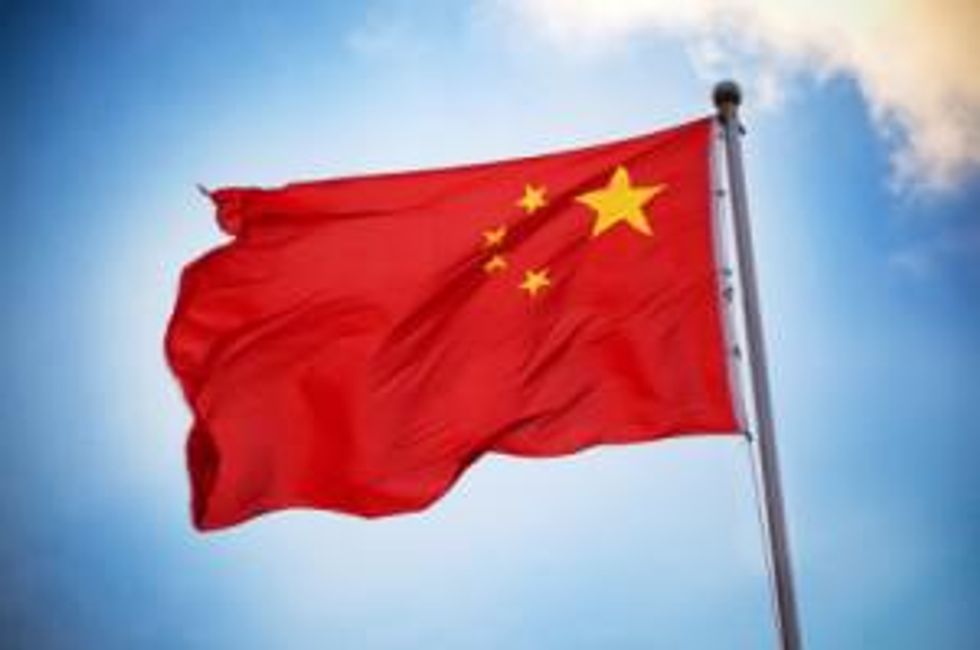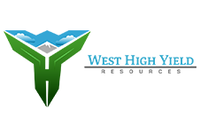Junior Miners Challenge China’s Magnesium Domination
China holds the top position in the global magnesium market, but its dominance is being challenged by Canadian juniors like Gossan Resources and West High Yield Resources.
China currently dominates the global magnesium market, but some companies are beginning to challenge that status quo. With demand for the metal expected to grow in the coming years, more magnesium users are looking to expand their sources for the metal, increasing opportunities for smaller producers to meet anticipated demand.
Global thirst for green technology is one of the key factors driving magnesium demand. Tighter emission standards in Europe, the United States, and emerging markets have created a race to create lighter, more energy-efficient vehicles, and magnesium is viewed by many industry analysts as a choice material for car parts. For instance, using magnesium, General Motors (NYSE:GM) has already produced a prototype control arm that is 30 percent lighter than its aluminum counterpart.
But while magnesium may seem an obvious possible way to create greener automobiles, one major problem is the fact that manufacturers would be heavily dependent on China to provide the critical metal. China currently controls over 90 percent of the total market share, and US Magnesium is the only producer of the metal in the United States.
Yet China’s dominance may be facing more competition from European, Canadian, and African producers moving forward. The fact that as recently as 1994 the United States produced 54 percent of global magnesium supply while China’s output only reached 4 percent certainly makes it easier to believe that a shift in the current market share is possible. South Korean steel giant Posco (NYSE:PKX) is already stepping up to the plate with plans to start commercial production of 2,000 millimeter magnesium plates — the widest in the world — from March 2013. Posco has also been conducting research regarding magnesium sheet use with Magnesium Elektron.
Junior miners too are taking action, with more companies preparing to explore and develop new sites that will challenge China’s market dominance.
Manufacturers “want an alternative to the Chinese,” argued Frank Marasco, CEO of Calgary-based West High Yield Resources (TSXV:WHY). He added that his company is eager to establish strong business relationships for the long haul “closer to them … and not be at China’s beck and call” when it comes to magnesium supply and pricing.
Douglas Reeson, CEO of Winnipeg’s Gossan Resources (TSXV:GSS) pointed out that auto manufacturers in particular have been more eager to diversify the source of their supplies after last year’s floods in Thailand disrupted their supply chain.
“Depending on one source (for magnesium) is risky … there’s earthquakes, political change,” as well as other events that could disrupt supply, Reeson said. “It’s important to have a supplier outside of China.”
Of course, both Marasco and Reeson have good reason to be upbeat not only about magnesium’s growth potential, but also about the possibility of challenging Chinese magnesium manufacturers, which many industry analysts believe often sell the metal at cost. West High Yield Resources’ Record Ridge South project, located just north of the Canada-US border and still at the prefeasibility stage, has an estimated 7 million tonnes of recoverable magnesium that Marasco believes can eventually supply between 10 and 15 percent of global magnesium needs.
Gossan Resources has not only its Inwood magnesium project in Manitoba, but also the rights to a new method of processing magnesium through cleaner, more energy-efficient technology. Unlike the energy-intensive pidgeon process used by Chinese manufacturers, Gossan’s Zuliani process is more energy- as well as time-efficient in producing the metal. Both Gossan Resources and West High Yield Resources expect to cater to manufacturers in North America, Europe, and other markets once they start industrial production of magnesium.
However, the challenge for Canadian junior miners is not limited to beating out Chinese producers by offering affordable, high-quality magnesium. Another major challenge to the success of non-Chinese magnesium producers may come from other lightweight metals, most notably aluminum. The key will be to demonstrate, particularly to auto manufacturers, that using magnesium to manufacture car parts creates significant weight savings and allows for simple designs that use fewer car parts.
Editorial Disclosure: Gossan Resources and West High Yield Resources are clients of The Investing News Network, however, this was not paid for content.
Securities Disclosure: I, Shihoko Goto, hold no direct investment interest in any company mentioned in this article.

